Brazil – the heat is on
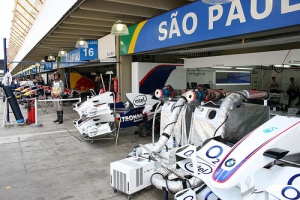
Even a sharp global downturn has failed to dampen Brazil’s booming economy, and its tourism industry in particular has emerged tougher than ever. This weekend sees the spotlight turn to Sao Paulo as its famous Interlagos circuit plays host to the 39th Brazil Formula One Grand Prix.
For each of the past five years, the world championship has been won in Brazil, and a repeat this weekend would mean Fernando Alonso has pulled off the impossible by come from 47 points behind to not only wrap up the crown.
Timed to coincide with the Brazilian Grand Prix comes the definitive mobile guide to Sao Paulo. Business and leisure travellers alike can tap into the latest goings-on in Sao Paulo with a definitive mobile city guide, saopaulo.mobi.
Run by World Mobi, the site is the most comprehensive mobile travel guide available.
Key features include information on accommodation, restaurants, attractions, entertainment, nightlife, shopping, transport, and weather. It also offers click to call functionality - which means no scribbling down telephone numbers.
Most entries are also linked to websites where users can quickly access more detailed information if needed.
The saopaulo.mobi guide includes user reviews and traveller utilities such as a translation guide, currency converter, news and local weather guide.
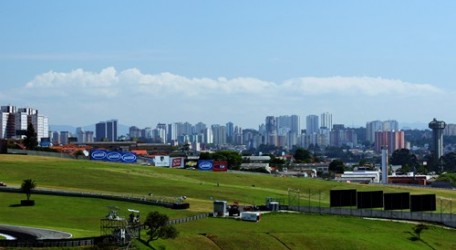
(Sao Paulo’s legendary Interlagos Circuit)
A new era for Brazil
The grand prix comes a week after Brazil made history by electing its first female president.
In her victory speech, Dilma Rousseff cited goals of eradicating poverty and improving gender equality. She has already made tremendous progress in her posts as Minister of Energy and Chief of Staff, when she helped 31 million Brazilians move into the middle class and saw 24 million escape poverty.
The 62-year-old former Marxist guerrilla fighter joined the underground resistance against the Brazilian dictatorship in the late 1960s. In 1970, she was imprisoned for almost three years. During her trial, she was nicknamed by prosecutors the “Joan of Arc of subversion.
Rousseff will lead the largest economy into Latin America as it prepares to host the world’s two biggest sporting events back to back – the 2014 Fifa World Cup and the 2016 Olympics.
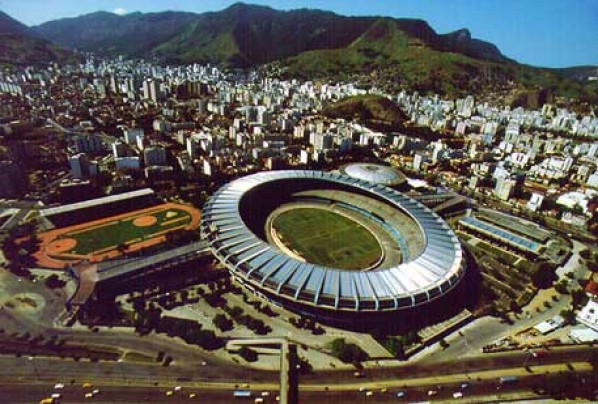
(You haven’t seen a real football game till you’ve experienced the Maracana)
Sport tourism is on a roll
After years of heavy investment but perennial underachievement, Brazil is finally coming good and is now seeing a new middle class rising up from poverty, just as in China and India. This is fuelling a surge in domestic tourism as Brazilians set about exploring their vast nation.
International tourism too is on a roll, with foreign spending 15 percent higher in the first half of the year, and 165 percent up compared to 2003.
The country’s biggest tourist draw, Rio de Janeiro, is currently riding the quest of a sporting wave, having bagged the rights to host the world’s two biggest tournaments back to back – the 2014 FIFA World Cup and the 2016 Olympics.
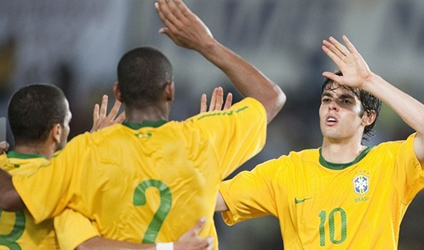
(The pressure is on Brazil to turn on the magic)
The infrastructure upgrades in preparation for the sporting mega-events will undoubtedly make Cidade Maravilhosa (the Marvellous City) even more accessible to all.
Rio reinforced its credentials as a sport tourism leader by participating in the inaugural World Sport Destination Expo. Held alongside the final week of the 2010 FIFA World Cup in Johannesburg, WSDE became the first global exhibition to provide a business platform for the key buyers and suppliers that make up the booming $600 billion a year sport tourism industry.
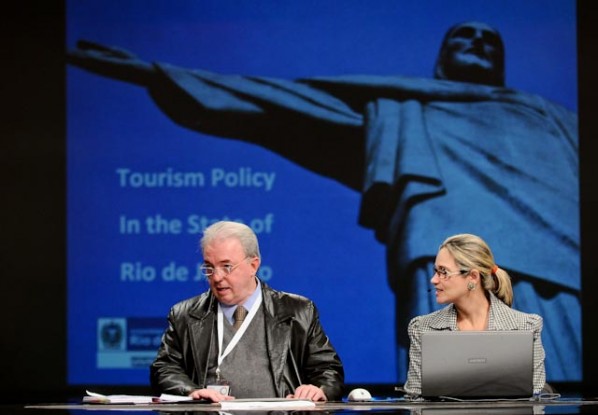
(Rio played a key role at the inaugural WSDE in South Africa during the World Cup)
And there’s even more outside of the sporting arenas – the carnival in Rio, Sugar Loaf Mountain, Christ Redeemer, Tijuca National Park, as well as the beautiful beaches of Ipanema and Copacabana.
Besides the millions of visitors attracted to its vast array of natural and cultural attractions, a different type of tourist has been increasingly attracted to Rio in the last few years: the business traveller. The city is emerging as one of the great business centres in Brazil, being constantly chosen to host local and international conferences and meetings.
The city and state of Rio are also benefiting from the large off-shore oil discoveries that will help cement the city’s place as the oil and gas capital of Brazil.
Long-term thinking
Not surprisingly, the country is therefore looking to the long-term, with Embratur during the World Cup laying out the national tourism organisation’s goals and objectives for the next decade. Covering all tourism sectors – from sun & beach, culture, and sports to city, ecotourism and business travel – the plan is heavily centred the two world-class sporting events.
Both will boost the national profile of the country, with Brazil seeking to maximise the long-term benefit of hosting the events moving toward 2020.
The country hoped to see a 113 per cent increase in the number of international visitors over the period, raising foreign currency earnings by 304 per cent.
Brazil also hopes to sustain tourism growth at a rate at least one per cent higher than any other South American county; eventually taking a 27 per cent share of all visitor arrivals in the region.

